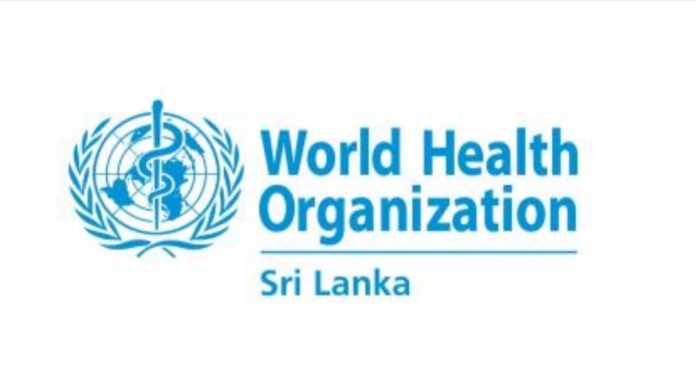WHO, in partnership with DFAT donates 800,000 USD worth of essential items to support the Government of Sri Lanka’s efforts to combat and control COVID-19; including personal protection equipment, hospital equipment, and testing equipment and supplies.
The procurement, of over 800,000 USD, focused on equipment that is essential to effectively controlling COVID-19 in Sri Lanka, WHO Sri Lanka said in a statement.
“The items procured include testing equipment, including a real time PCR machine, hospital equipment, including HDU beds and high-flow oxygen systems, and personal protective items, including gloves masks, and gowns. WHO also procured IT equipment for regional epidemiologists to support rapid surveillance and reporting of cases and to strengthen community level surveillance” statement added.
The WHO partnered with The Department of Foreign Affairs & Trade (DFAT), Australia to provide support to the Ministry of Health and Indigenous Medical Services with the procurement of these vital items.
WHO Sri Lanka Statement ?
As of 10 May 2020, Sri Lanka has reported 847 confirmed cases total, 260 people have fully recovered, and nine people have died from COVID-19. COVID-19 is highly transmissible, warranting immediate action to prevent further
transmission, reduce the impacts of the outbreak, and support control measures.
Containment of COVID-19 is feasible and remains the top priority in Sri Lanka. The
Sri Lanka Preparedness and Response Plan is implemented with the overall goal to
interrupt the transmission of the virus from one person to another using a comprehensive blended approach of containment and mitigation.
Enhanced testing of the contacts of people who have tested positive for COVID-19 has led to the increased identification people who have COVID-19 and appropriate reporting in recent days.
Sri Lanka is on the right track to contain the epidemic through the increased tracking, testing, isolation, and treatment strategy.
Moreover, the safety of frontline workers both health and non-health should be prioritized, and availability of personal protective equipment must be ensured.
Local innovations have eased the stress for some of these; however, adequate stocks need to be ensured in the event of a spike of cases.
The contribution from WHO and DFAT will support the country in its fast and agile
response to the outbreak.


